The food market in Germany is very fast-moving due to constantly changing consumer demands and a highly competitive market environment. New customer needs are forcing food retailers to constantly offer innovative assortments and products.
In addition to conventional food assortments, organic, convenience, fair trade, regional, functional foods and sustainable products are playing an increasingly important role. This differentiated demand often leads to unclear and unstructured assortments and consequently to complex, non-standardized processes and non-transparent supply chains. This often has a negative impact on profitability. Cost pressure is also intensified by the price-aggressive discounters.
To achieve the necessary transparency and to make the right decisions when adapting the assortment, ConMoto always considers the entire supply chain in its projects. We review your processes and assortments and compare them with the competition and current and future trends. Based on this, we develop the strategic realignment of individual product groups and the entire product portfolio together with you.
ConMoto knows the market trends
An important trend in food is the increased nutritional awareness of consumers: customers have higher quality standards and are increasingly asking for organic items and sustainably produced products. In addition, due to the high number of single households, the trend is towards smaller packaging or smaller purchase quantities. Also consumers are buying special, unusual foods from time to time, despite continuing high price sensitivity. As a result, niche products are gaining in importance.

Increasing sales and profitability, streamlining product ranges
The challenges mentioned are very diverse. ConMoto helps you to make your assortments fit for the future. A successful portfolio optimization is designed for the long term and follows a structured process. Products that hardly contribute to sales and even less to profitability (low or negative margin) are consistently de-listed, leading to a significant streamlining of the product range. This not only reduces the high level of complexity and the associated costs, but also generally generates profitable growth by expanding successful ranges and articles (e.g. high-margin articles with high growth potential or niche products with genuine additional benefits). The approach can even be used to reach new customer groups. The holistic assortment adjustments and an optimization of the supply chain can also optimize the processes at the point of sale and achieve both a higher delivery capability and higher sales of the relevant, profitable articles.



 Deutsch
Deutsch